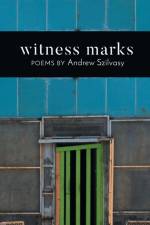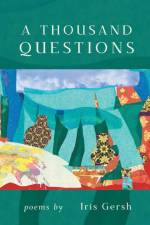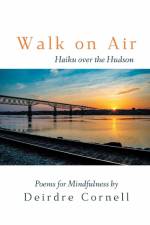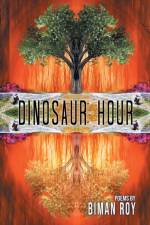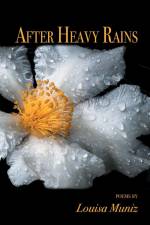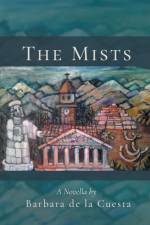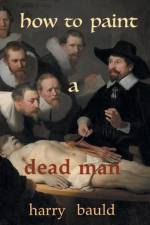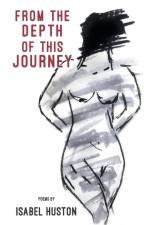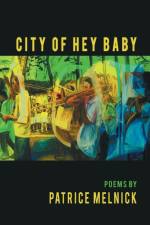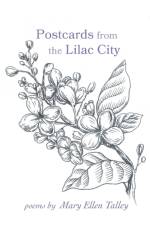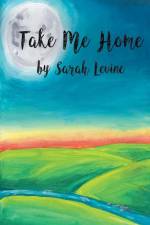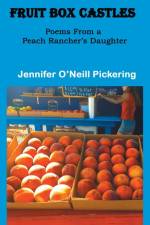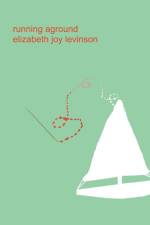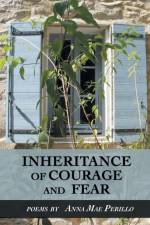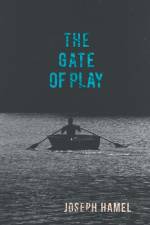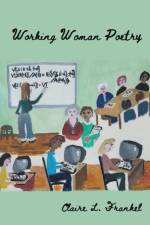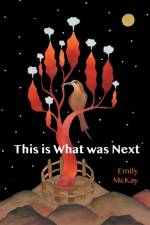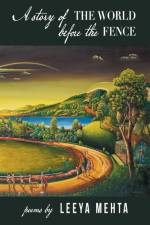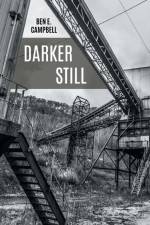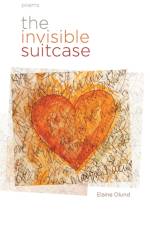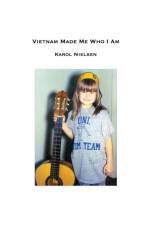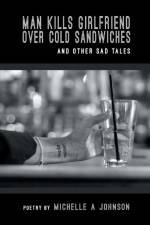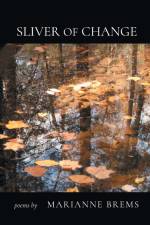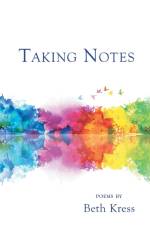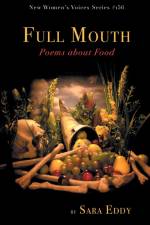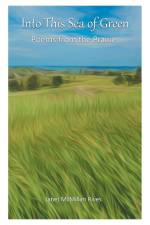von Andrew Szilvasy
21,00 €
Szilvasy's aptly titled Witness Marks takes on the one wholly predictable reality in every human life, beginning with its visits to us at the family home, the smallest of the concentric circles we inhabit. What these poems witness to, and "sign" with their beautiful, straightforward, musical "marks," is no less than death, as encountered by fathers and mothers; widows who pass their mourning flowers to their neighbors; beloved pets, and the owners who bury them with "grave gifts," like pharaohs, even when we feel "sad and silly" doing so; survivors still longing for the words we all leave unsaid when we go; atheist friends too honest to offer, by way of consolation, anything more than "a drink." But gradually, these poems enlarge the circle until it finally includes the prehistoric ancestor who, after millenia buried in a glacier, "was rolled out of snow" to a kind of resurrection. "Death colors everything," says "Epistle," but the rest doesn't disappear: the stars remain, although they "will always have a melancholy tint." Without making promises they can't keep; without pretending the natural world can provide what only human love can give us; without denying the undeniable, or forgetting the threats and losses that devastate the living, the poem that closes the book claims that "the earth is beautiful beyond all change." The poet, now as the devil's advocate, disputes that claim, and challenges the poem with hard, painful questions. But the claim is there, a counterweight to what we know, and persuasive enough to endure, as only poetry this good can do. -Rhina P. EspaillatAndrew Szilvasy has chosen an ingenious title for his first publication. With these poems as witness marks, he pieces together a life and makes his way in the world, beginning from square one, his childhood home. One poem gives us a portrait of his parents, their faces lit by the television screen. Another brings incorrigible Uncle Billy into the already cramped and overheated living space. And "Epistle to Brett, on the Death of his Mother," the collection's defining poem, gives us a portrait of the young poet himself. Feeling inadequate to the task of consoling his friend, he ramps up his rhetoric. When he catches himself waxing poetic, distancing himself not only from his friend but from his own experience of loss, he starts over. It's "as if the sun / exploded in your mind," he blurts out. That is what it's like to lose your mom. Such vulnerability, and the desire to keep it hidden, give the poem its expressive charge. This debut collection marks the first steps of a wayfarer setting out. It is an auspicious beginning. -Alfred Nicol

